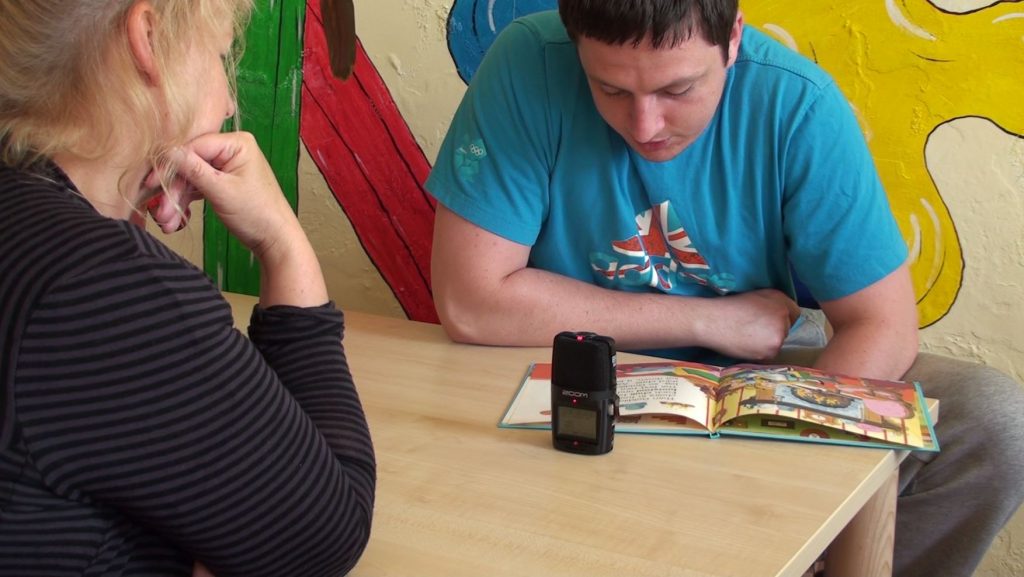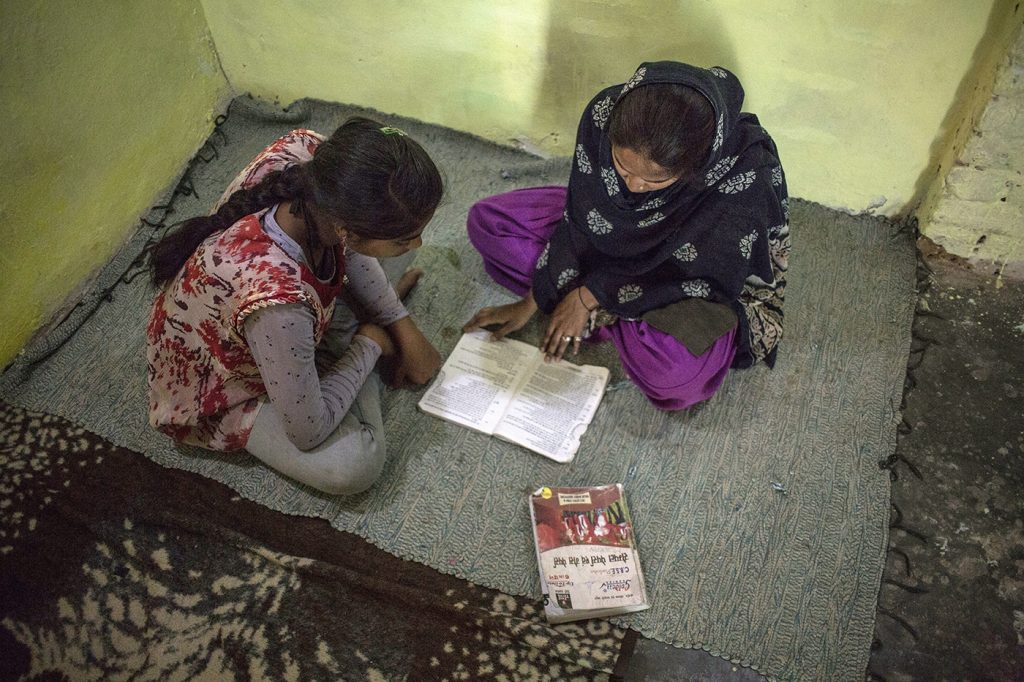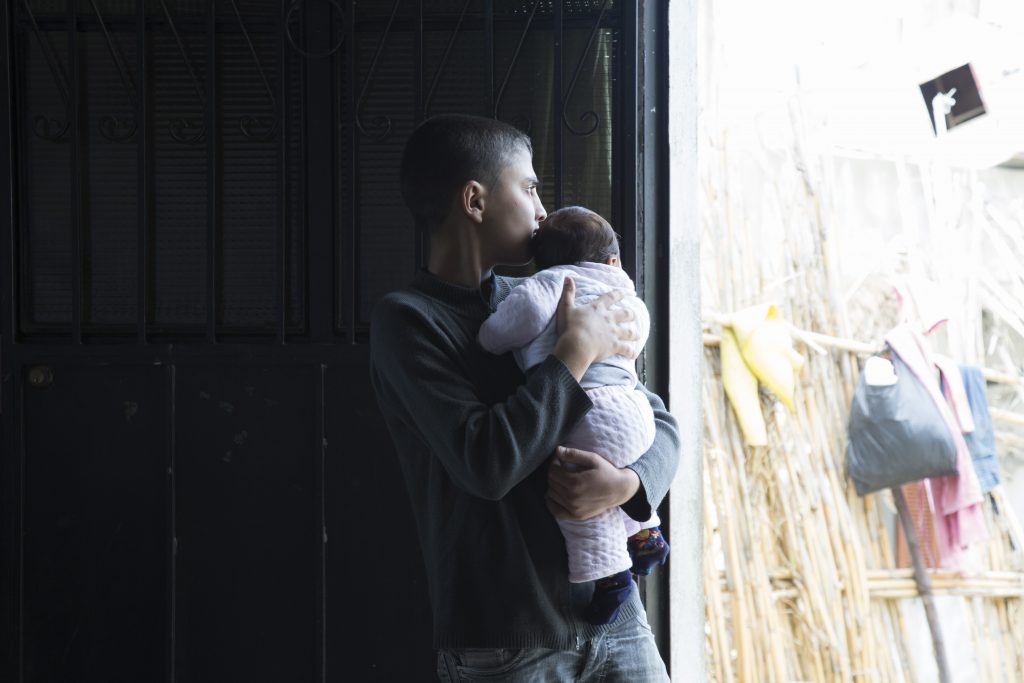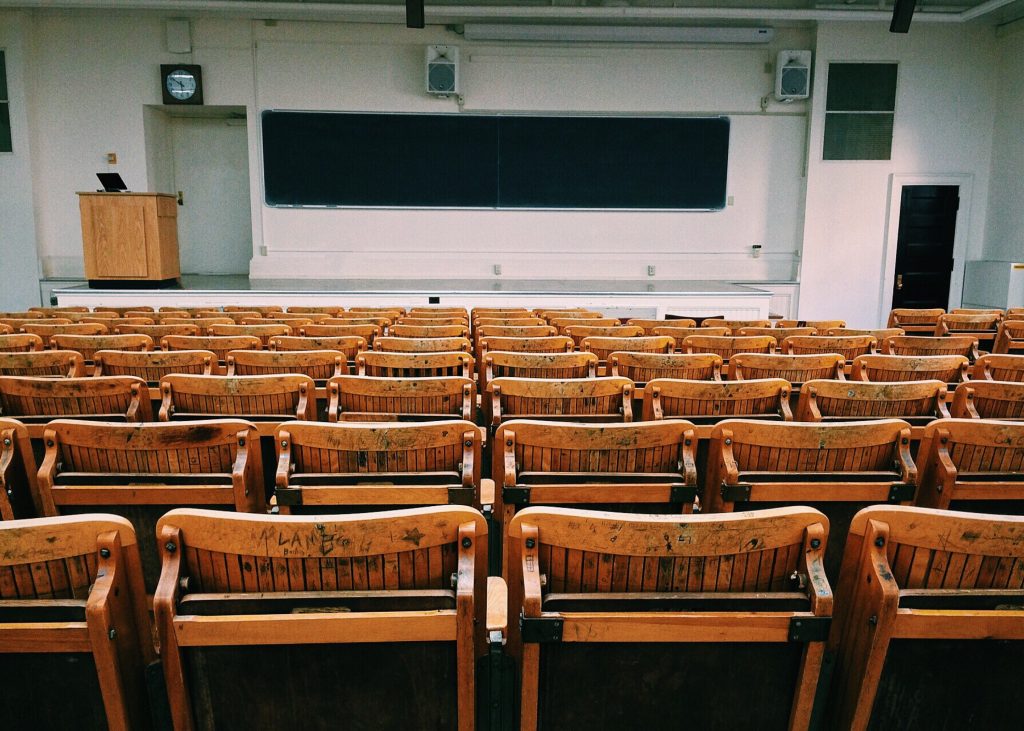The current crisis need not result in a further erosion of social and economic rights and the widening of inequalities – it also represents an opportunity to appeal to global solidarity and rehumanize lifelong learning, writes Maren Elfert
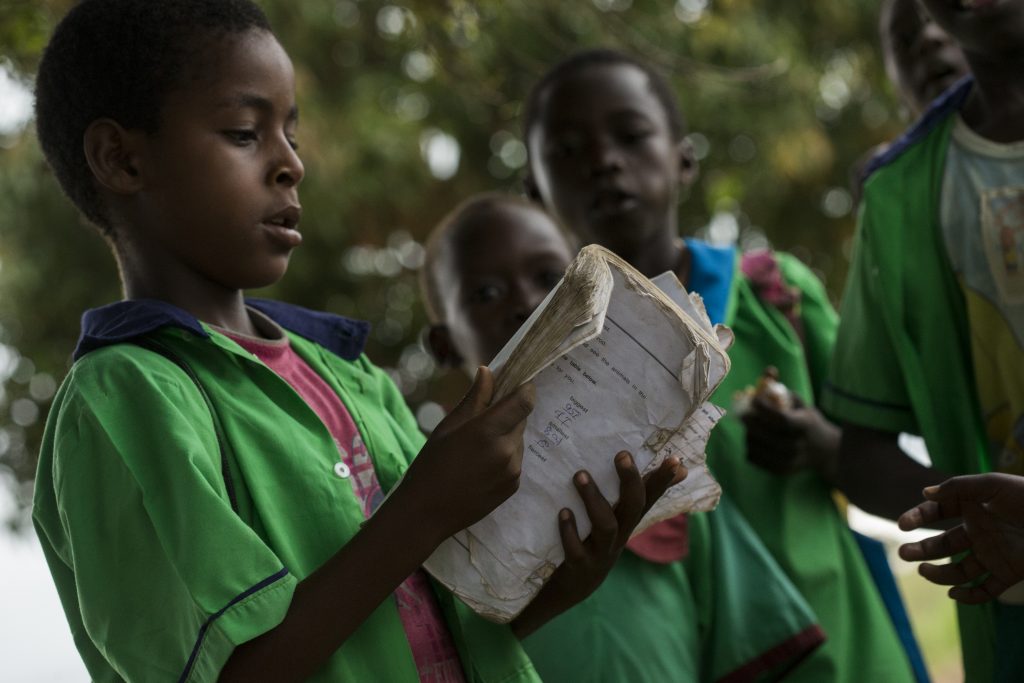
Educators around the world are alarmed about the consequences of the COVIID-19 crisis. A lively debate has emerged on what the world might look like in the aftermath of the crisis in relation to education and more broadly. I would like to add my voice to those who emphasize that our perspective must be bigger than COVID-19 and that we should take the crisis as an opportunity to learn from past mistakes and rethink our approach to education. As a recent article argued in relation to schools, ‘When the Covid crisis finally ends, schools must never return to normal’ (Sweeney, 2020), referring to the need to abandon harmful practices such as deprofessionalizing teachers, excessive testing and the culture of rankings. This discussion, of course, is related to how we organize our society and how we deal with the larger environmental, economic, social and political crisis of which COVID-19 is a symptom.
To paraphrase Charles Dickens, there is potential in this crisis for the best of times or the worst of times. The crisis could offer us an opportunity to rethink and innovate our societies or to move further down the path of dehumanization of education in terms of ‘one size fits all teaching’ in schools and lifelong learning as a market commodity. Among the questions and issues that are raised in the current debates are: In light of the public health and ensuing economic crisis, will global inequalities in access to education widen, disrupting progress towards Sustainable Development Goal 4 (SDG 4) (UNESCO/IIEP, 2020)? Distance education is being pushed by corporate interests (Williamson, 2020), but it bears the risk of further marginalizing disadvantaged students who do not have access to technology and who depend on teacher-student relationships (Srivastava, 2020; Parramore, 2020). For many students, school represents a place to socialize and often get the only meal of the day (UNICEF, 2020). Higher education institutions around the world are preparing for significant drops of international students, and quite a number of them will probably not survive. Will this lead to a reconsideration of education as a market model, or just to even more tightened competition? Some thinkers, such as the Italian political philosopher Giorgio Agamben (2020a; 2020b), are concerned about the de-humanization of human beings as a consequence of ‘social distancing’. Arjun Appadurai, in a recent keynote panel of UNESCO’s ‘Futures of Education’ initiative, warned of the risk that education might be considered unimportant in these times of crisis (UNESCO, 2020). This might translate into cuts to education. Continue reading

